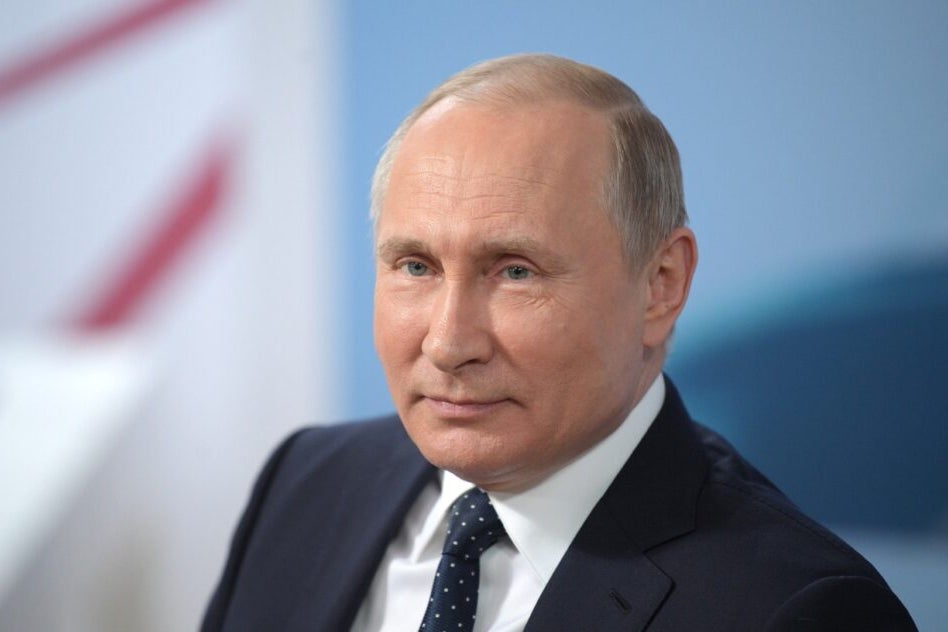Russian President Signs Law Taxing Digital Currency
Introduction
In a significant development, Russian President Vladimir Putin has signed a new law introducing taxation on income and expenses related to digital currency mining, purchase, and sale. The legislation, published on the official legal information portal, treats digital currencies as property under the Tax Code and establishes a taxation framework to regulate crypto-related activities.
Details of the Law
The law recognizes digital currencies as property and subjects them to taxation under the Russian Tax Code. This means that individuals and entities involved in digital currency mining, purchase, and sale will now have to declare their income and expenses from these activities and pay taxes accordingly. The move is aimed at bringing transparency and accountability to the crypto industry in Russia.
According to Russian news agency Interfax, the new law is part of the government’s efforts to regulate the digital currency market and prevent illegal activities such as money laundering and terrorism financing. By taxing digital currency transactions, the authorities hope to track and monitor crypto-related activities more effectively.
How It Will Affect Me
If you are involved in digital currency mining, purchase, or sale in Russia, the new law will have a direct impact on you. You will now be required to declare your income and expenses related to these activities and pay taxes on them. Failure to comply with the tax obligations could result in penalties and legal action.
It is important for individuals and entities engaged in crypto-related activities to familiarize themselves with the new tax law and ensure that they are in compliance with its provisions. Consulting with a tax advisor or legal expert may be beneficial to understand the implications of the law on your specific situation.
How It Will Affect the World
The introduction of taxation on digital currency transactions in Russia is likely to have broader implications for the global crypto industry. As one of the largest economies in the world, Russia’s move to regulate crypto activities could set a precedent for other countries to follow suit.
Increased regulation and taxation of digital currencies could lead to a more transparent and stable crypto market, attracting more investors and mainstream adoption. However, it may also pose challenges for individuals and entities operating in the crypto space, as compliance with varying regulatory frameworks becomes more complex.
Conclusion
The new law signed by Russian President Vladimir Putin to tax digital currency transactions marks a significant development in the regulatory landscape for cryptocurrencies. By recognizing digital currencies as property and subjecting them to taxation, Russia aims to bring transparency and accountability to the crypto industry. The impact of this law will be felt not only by individuals and entities in Russia but also by the global crypto community, as other countries may take cues from Russia’s regulatory approach.





